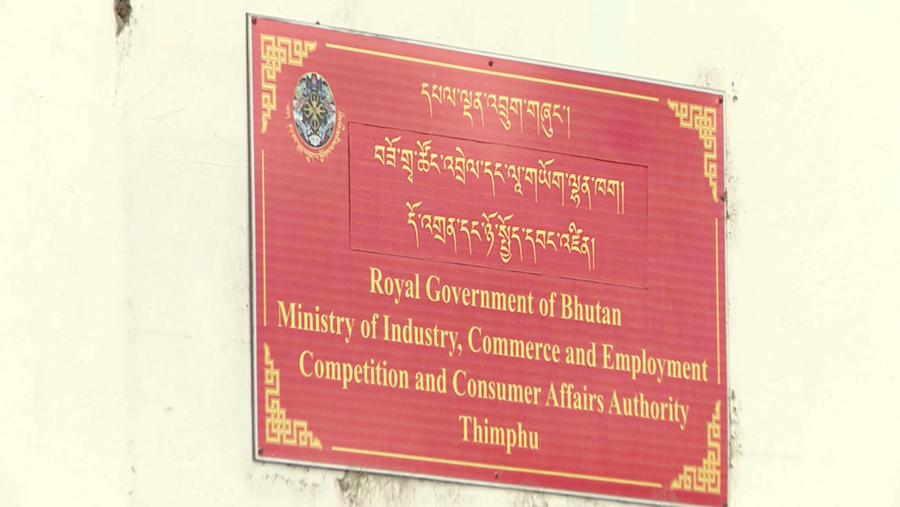
The Competition and Consumers Affairs Authority is planning to conduct a Legislative Impact Assessment of the Consumer Protection Act that was enacted in 2012. A Legislative Impact Assessment is the study of the impact of a law implemented on society over a period of time. The authority is also planning to intensify surveillance and include more businesses in its surveys for its annual report.
The authority shares a Legislative Impact Assessment of the Consumer Protection Act of Bhutan 2012 to determine the practical effectiveness of the act through research, and proposals to explore if revisions are required.
Although the Consumer Protection Rules and Regulation were amended in 2022, the act was never revised. The authority plans to assess within this financial year. The findings from the assessment will determine if the act needs amendment.
Similarly, the authority is also targeting to reach out to more consumers and businesses with its educational and advocacy campaigns.
 In the last financial year, the authority educated 600 consumers and 500 businesses on their rights, duties and obligations. In the current financial year, the authority plans to take the advocacy programme to 3,000 consumers and 1,000 businesses.
In the last financial year, the authority educated 600 consumers and 500 businesses on their rights, duties and obligations. In the current financial year, the authority plans to take the advocacy programme to 3,000 consumers and 1,000 businesses.
The authority, backed by its six regional offices is responsible for protecting consumers and the economy by preventing unfair practices and competition methods.
In the last financial year, the authority imposed fines and penalties on businesses amounting to more than a million ngultrum and facilitated refunds of Nu 700,000 to complainants.
The public at present is mostly ignorant of checking the expiry dates of goods and is calling for stricter implementation of rules and enhanced surveillance.
“Although awareness programmes are being done through social media and TV, I think if relevant authorities can do physical inspections more frequently, for instance monthly, business persons would become more careful,” said Pema Dukpa, a shopkeeper in Thimphu.
“I got sick with food poisoning after buying a juice from a shop because I only found out later that it was expired. I do check the expiry dates before buying things from a shop but sometimes when I’m in a rush I forget to check. Some people may not be literate, so they won’t know how to check for expiry dates and there are risks of them falling sick. So I think it is very important to do more proper inspections,” said Sonam Deki, a student in Thimphu.
“Unless if shopkeepers inform, I don’t know how to check the expiry dates. When shops sell expired products, I know customers can be at risk of falling sick irrespective of age. If shopkeepers who sell expired products are fined or penalised heavily, I believe this will reduce the number of non-compliance cases,” said Wangchuk, a consumer.
People can lodge complaints to the authority through its toll-free number 1214. They can also be reached through email and website.
Additionally, people can also walk into their head office or regional offices or inform gups who are identified as consumer advocates.
Sonam Dendup
Edited by Kipchu








